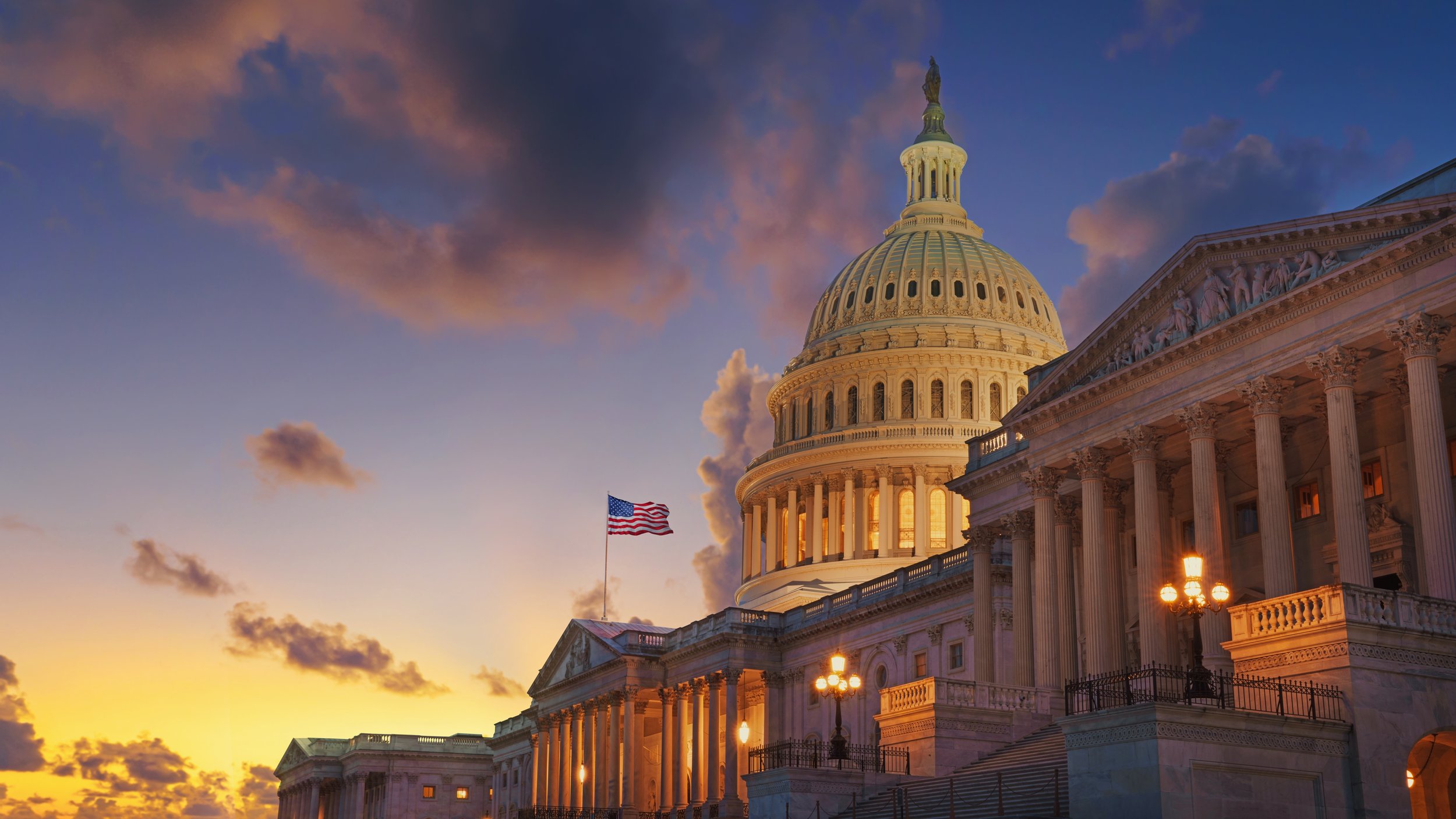
ADI Is The Voice of Agricultural Drones and Agricultural Drone Pilots in Washington, D.C. and Across America
We work with legislators and researchers to ensure that our stakeholders’ voices are heard and that they stay informed about how legislative and policy changes will impact them.
ADI Policy and Legislative Goals
ADI’s goal is to educate and engage with the agricultural drone industry about what is impacting them in Washington while educating and engaging those in Washington about what our stakeholders need to help integrate the next generation of technology into American agriculture.
Agricultural drones are critical to the next generation of American agriculture, and need an independent voice in Washington, D.C. Policy-makers want clear, aligned, and informed input from industries they reach. ADI allows agricultural drone manufacturers, wholesalers, and operators across America to unite and speak with one voice that will be heard in Washington.
Note for Drone Operators:
The 2024 NDAA will likely ban DJI and Autel drones from operating in the U.S. and may lead to an outright ban on operating those drones entirely.
While ADI does not advocate for DJI, Autel, or any other Chinese drone manufacturers, we do fight to ensure American agricultural drone operators and companies are not unreasonably burdened by legitimate national security concerns except where absolutely necessary.
Legislative Advocacy
ADI’s legislative focus is to ensure that, as Congress spends more time defending American companies and infrastructure from legitimate Chinese threats - especially as it relates to drones - agricultural drones are not adversely impacted. ADI meets with members of Congress advocate for bills that make it more affordable to purchase agricultural drones and support innovation through research and development grants. We also meet with legislators to educate them on how bills targeting drones in general should be tailored to accommodate the significant differences in price and importance of agricultural drones.
ADI also ensures that our stakeholders remain well informed about pending legislation to ensure that they are able to make informed decisions with the most recent and well-researched information available.
ADI was founded in late 2024, in response to the vast amount of misinformation and confusion which the drone industry was facing regarding the pending DJI ban. ADI was one of the few voices trying to make clear just how legitimate the risk of a DJI ban was (and continues to be). As an independent body, ADI is dedicated to providing the most accurate information possible. Even now, there is a great deal of confusion which is being experienced surrounding the current DJI ban, and ADI continues to be one of the few groups representing the issue in a comprehensive manner.
Regulatory Advocacy
ADI works with regulators to help them understand the challenges and needs faced by agricultural drones as they craft the regulations which control our industry. Agricultural drones are directly impacted by not just the FAA, but the FCC, the USDA, the BIS, and can be helped by the Small Business Administration as well. It is critical to develop a relationship with agencies which effect us so that we are kept in mind as they develop and implement policies. Currently ADI is focused on encouraging the FAA to make the process for licensing and registering agricultural drones easier and more streamlined - as well as meeting with the FCC to better understand how they intend to manage the DJI ban, especially as applied to retroactive licenses - a key issue based on their 2023 rulemaking.
For our stakeholders directly, one of the most important roles ADI provides is tracking and engaging agency rulemaking as it develops. As with the current DJI ban, the law that was passed is very different when it is read in the context of prior FCC rulemaking and the historical positions of the current FCC Chair. It is critical that stakeholders in the agricultural drone space be receiving comprehensive and thoughtful insights into the policies which will impact our industry and that agencies hear from the agricultural drone industry.
